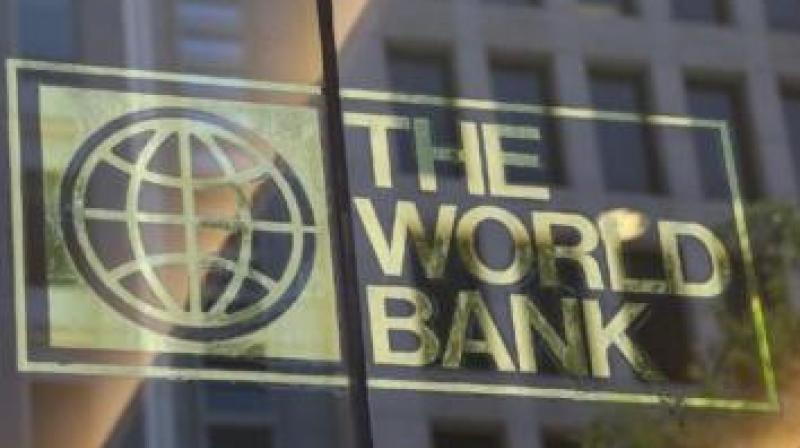Developing economies must get ready to cope with possible turbulence: World Bank
Trade has been slowing, global manufacturing activity has been getting weaker and financial conditions have been tightened.

Washington: There is an urgency for emerging markets and developing economies to get ready to cope with possible turbulence, a top World Bank official has said as she called on the governments to concentrate more on their debt management practices and accelerate the pace of reforms.
Kristalina Georgieva, the World Bank's CEO, said the global growth is moderating from 3 per cent to 2.9 per cent in 2019. That is still a robust growth performance.
"But what we see happening are troubling signs in terms of international trade and manufacturing activities," she said.
"In this more challenging environment, there is an urgency for emerging markets and developing economies to get ready to cope with possible turbulence and to build fiscal and monetary space, to build policy buffers," she said in a conference call with journalists on the occasion of the release of the Global Economic Prospects report.
She said the governments have to concentrate more on their debt management practices, especially in countries where this is already a serious concern.
"They need to use borrowing to fund development needs, to use borrowing for productive purposes and they have to work with creditors on transparency and sustainability of lending practices," she said.
Georgieva will serve as the interim President of the World Bank after Jim Yong Kim departs the international financial institution on February 1.
Urging countries to accelerate reforms, Georgieva said from the Bank's perspective, this is particularly critical for investing in human capital, lowering barriers to higher investments and boost positivity and make sure that they are integrated in the world economy in a way that helps them to expand and grow.
"They are softening and, on that background, we face two risks that are likely to persist throughout the year. One, trade tensions and two, financial strength in large emerging markets and developing economies," she said.
One of the issues of concern she said, is that the Bank's main focus on poverty reduction is correlated to strong, steady, and equitable economic growth.
"When growth softens, we are likely to see either stalling or even reversal of poverty reduction. We are also concerned about debt levels and especially debt levels in low income countries where during the period of time of low interest rates, there had been a build-up of debt and now debt service is eating into the government revenues making it more difficult to fund essential social services," she said.
Noting that the majority of low-income countries would be impacted, she said that they would be hard-hit by a sudden weakening in trade or by global financial conditions worsening.
"What I mean by that is situations in which financial flows go into the direction of safer locations and that makes both access and costs for countries more difficult, less favourable, she said.
Ayhan Kose, Director of the World Bank Prospects Group, said that the external environments has been becoming increasingly challenging for emerging market and all developing economies.
Trade has been slowing, global manufacturing activity has been getting weaker and financial conditions have been tightened. These developments have affected the Bank's growth projections, he said.
"In emerging market and developing economies, we expect growth to stabilise around 4.2 per cent in 2019. However, relative to our June report, we expect .5 percentage points lower growth in this year in these economies, Kose said.

